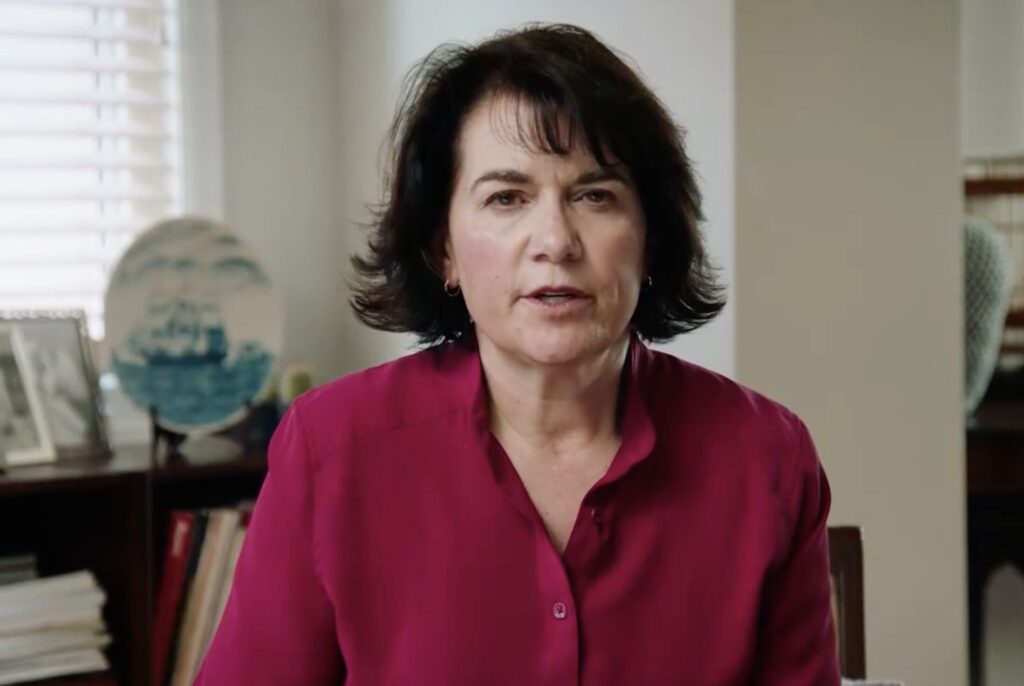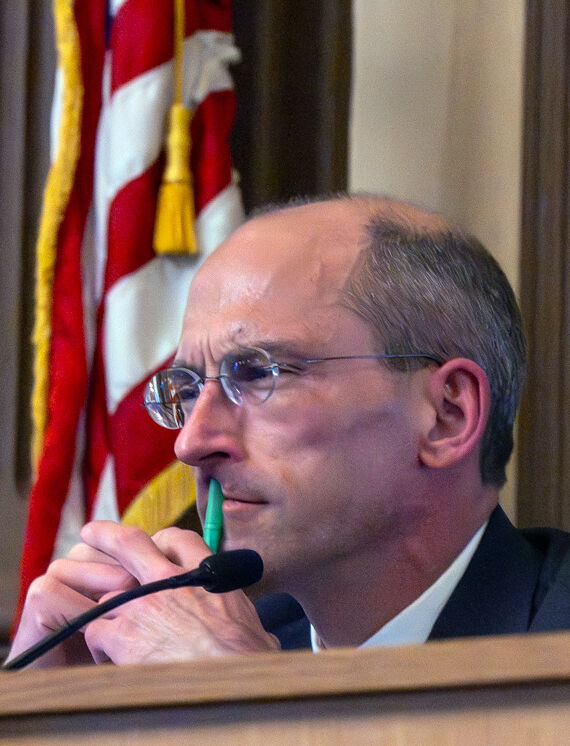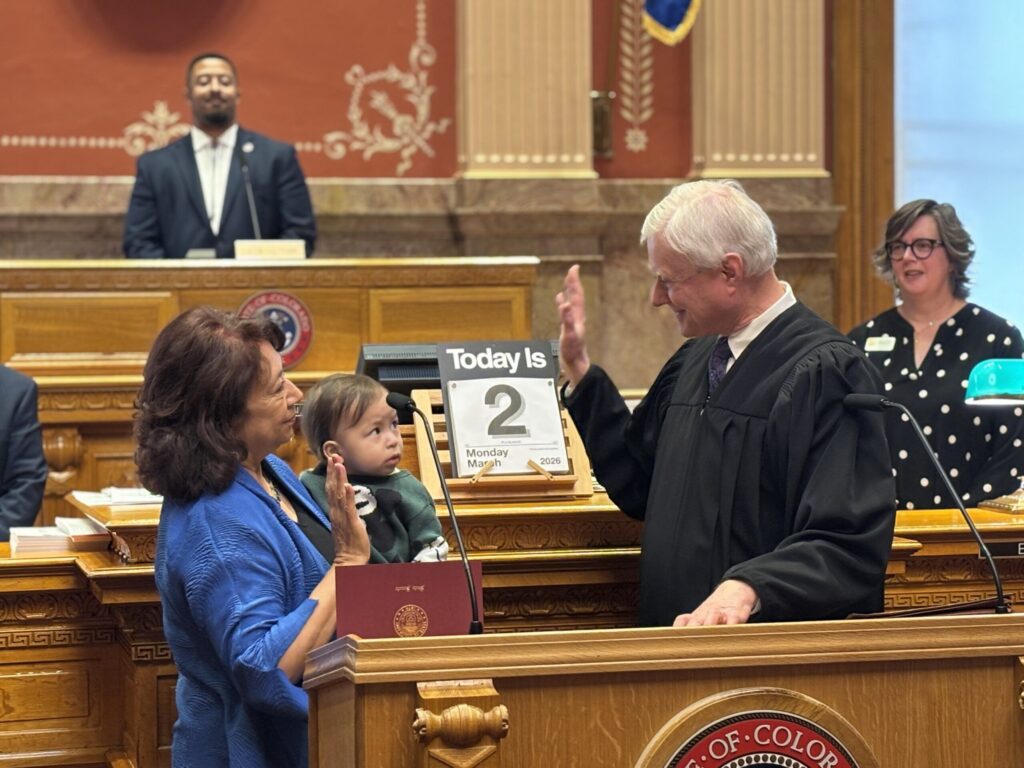DaVita CEO Kent Thiry leaves GOP, registers unaffiliated to ‘reduce partisan gamesmanship’
After spending eight months as a Republican, Kent Thiry, the multimillionaire CEO of Denver-based dialysis giant DaVita Inc., has changed his voter registration back to unaffiliated with the hope of combating excessive partisanship, Colorado Politics has learned.
Earlier this year, he considered but ultimately decided against running for governor as a Republican after spending millions of dollars to pass two ballot measures last year, including one to let unaffiliated voters participate in Republican and Democratic primaries.
Thiry, who is heading an effort to change how Colorado draws legislative and congressional boundaries, said Friday his return to the ranks of unaffiliated voters is intended to help reduce rampant partisan polarization and gridlock.
“I have been a registered independent for most of the last 20 years,” he said in a statement to Colorado Politics. “I highly value my independence and therefore am returning to that status. While I have huge respect for the members of both parties, we simply have to reduce the current amount of partisan gamesmanship. I hope I can help to do that.”
Thiry first registered as a Republican at the end of March and changed his registration back to unaffiliated at the end of November, according to state records.
When he announced his decision in July to pass on a run for governor, Thiry said he and his wife plan to “eagerly support centrist candidates, common sense causes and other efforts that promote collaborative governance, and the ideal that principled compromise in the name of progress is vastly different from compromising your principles.”
Thirty announced in late October that he would head Fair Districts Colorado, a bipartisan organization backing ballot measures intended to reform how the state tackles reapportioning statehouse seats and redistricting congressional district seats every decade after the census. The proposals would give unaffiliated voters – at a hair under 1.4 million, they’re the largest bloc of the state’s 3.7 million voters – greater say in how the lines are drawn.













